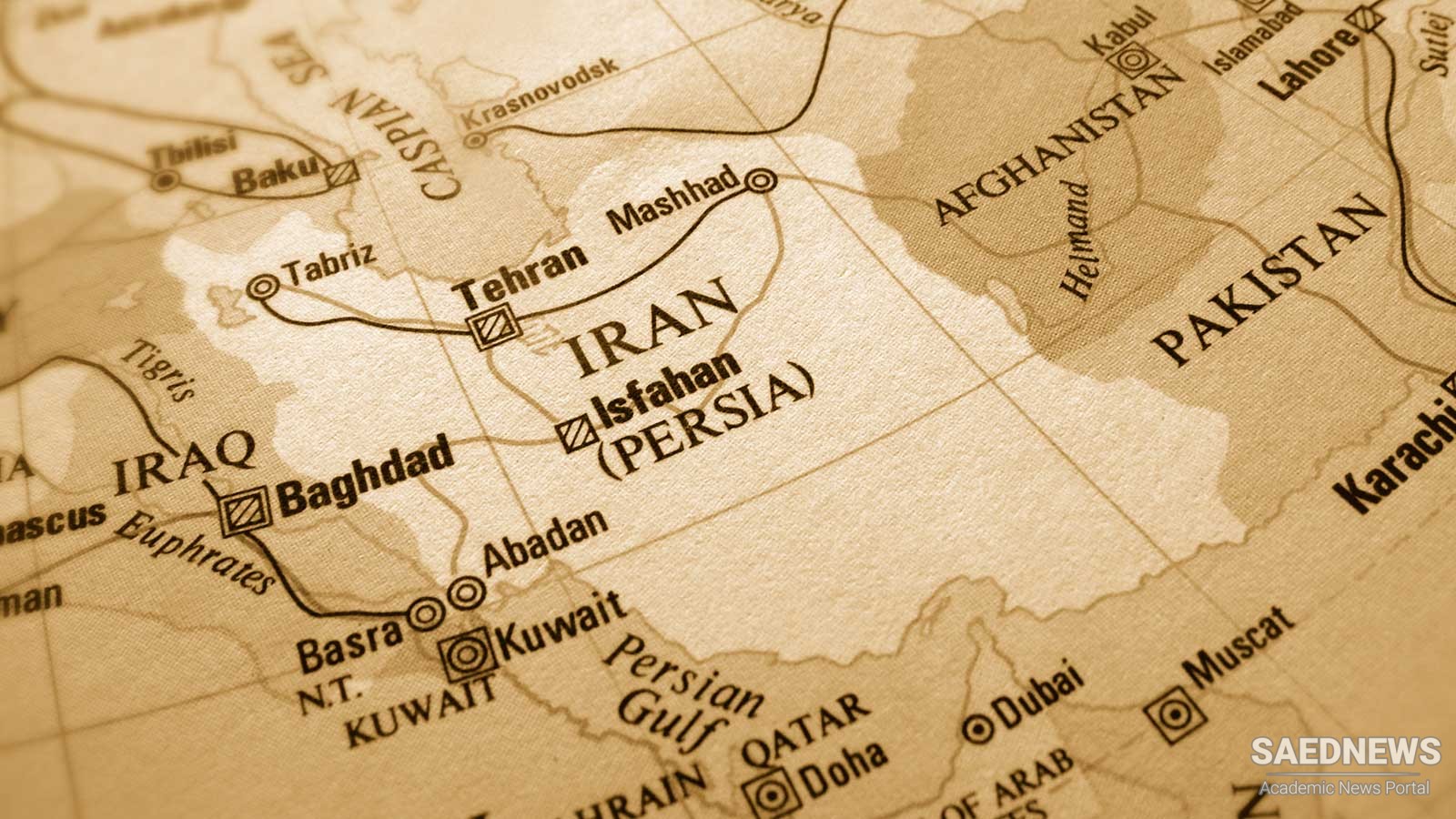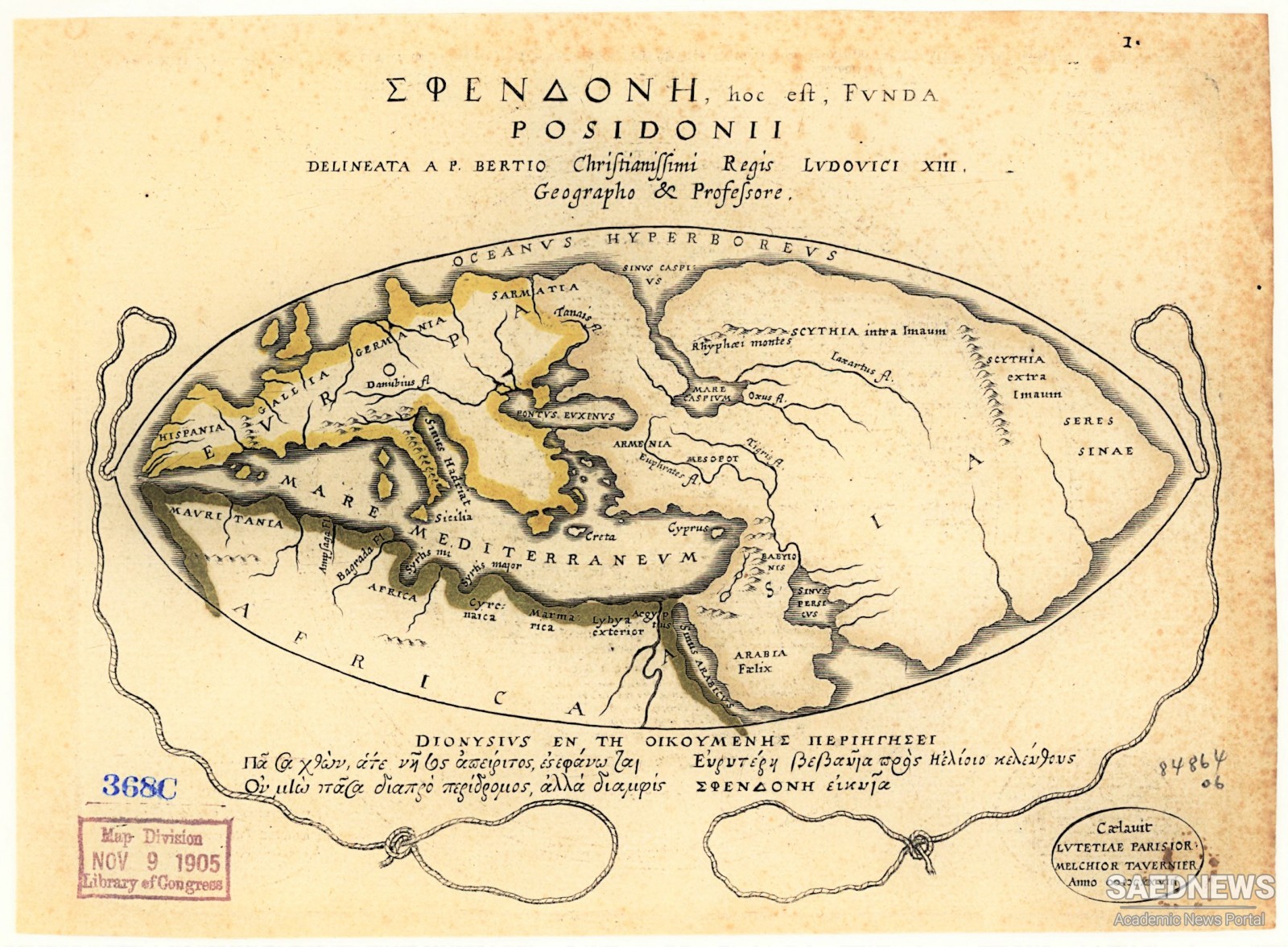The customs which I know the Persians to observe are the following: they have no images of the gods, no temples nor altars, and consider the use of them a sign of folly. This comes, I think, from their not believing the gods to have the same nature with men, as the Greeks imagine. Their wont, however, is to ascend the summits of the loftiest mountains, and there to offer sacrifice to Zeus, which is the name they give to the whole circuit of the firmament. They likewise offer to the sun and moon, to the earth, to fire, to water, and to the winds. These are the only gods whose worship has come down to them from ancient times. At a later period they began the worship of Urania, which they borrowed from the Arabians and Assyrians. Mylitta is the name by which the Assyrians know this goddess, whom the Arabians call Alitta, and the Persians Mitra (Source: Encyclopedia of Ancient History).



 Herodotus the Greek Epic Historian: First Globetrotter to Persia
Herodotus the Greek Epic Historian: First Globetrotter to Persia














































